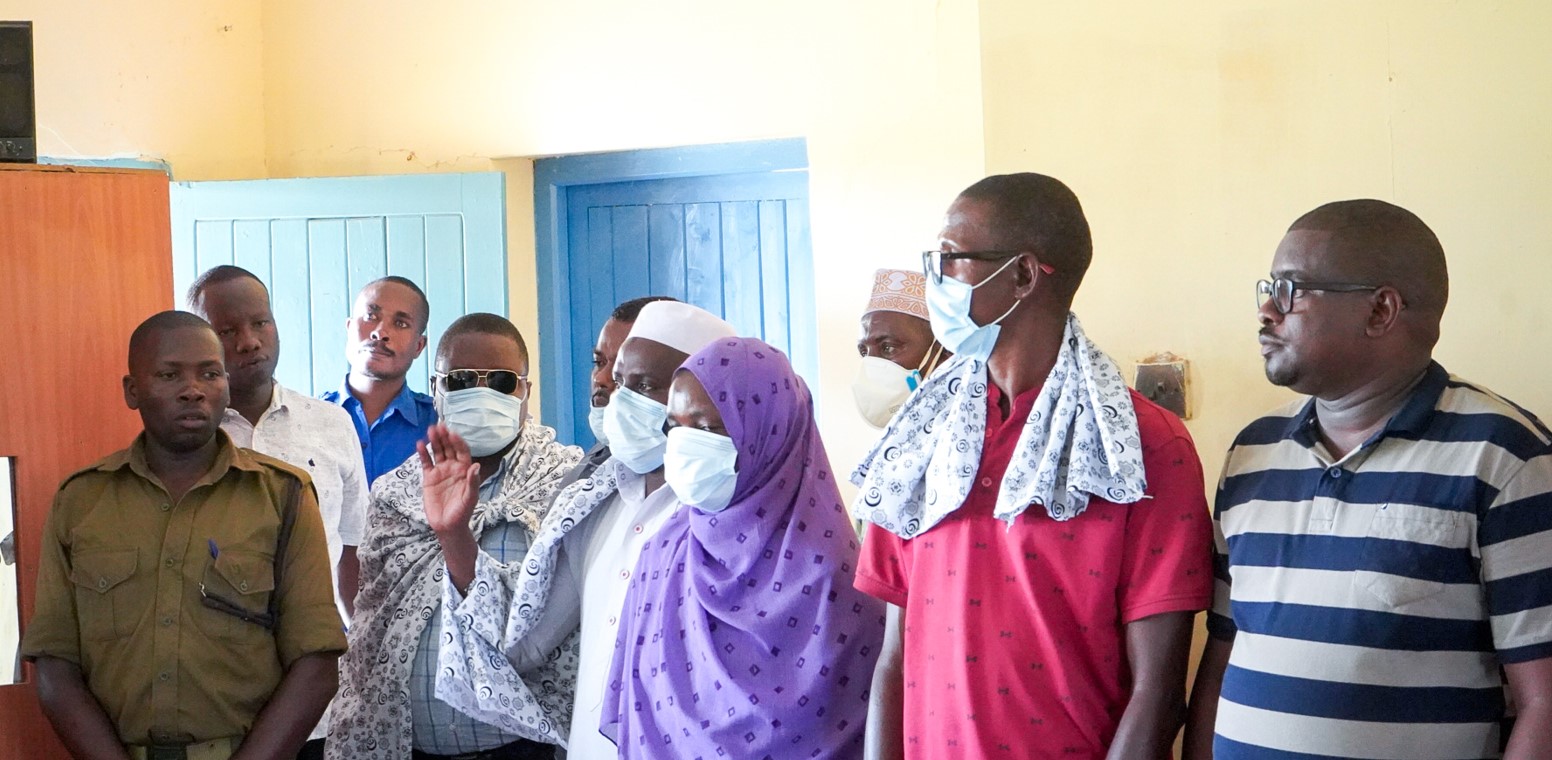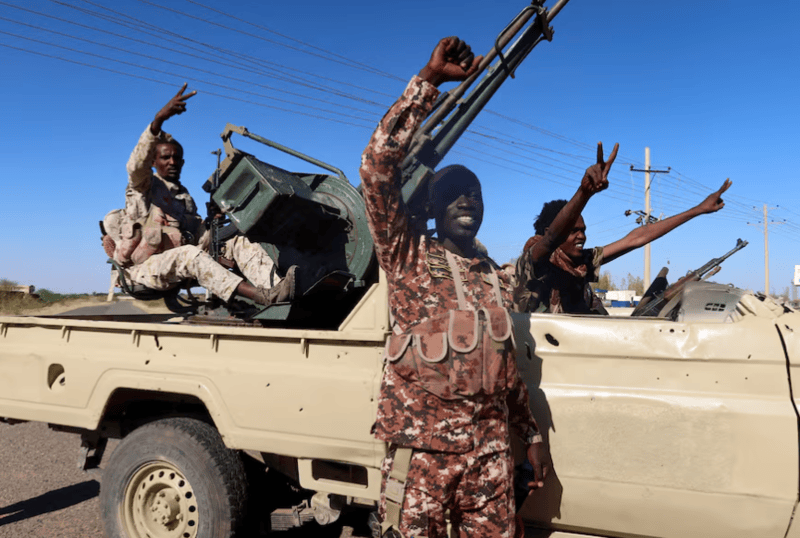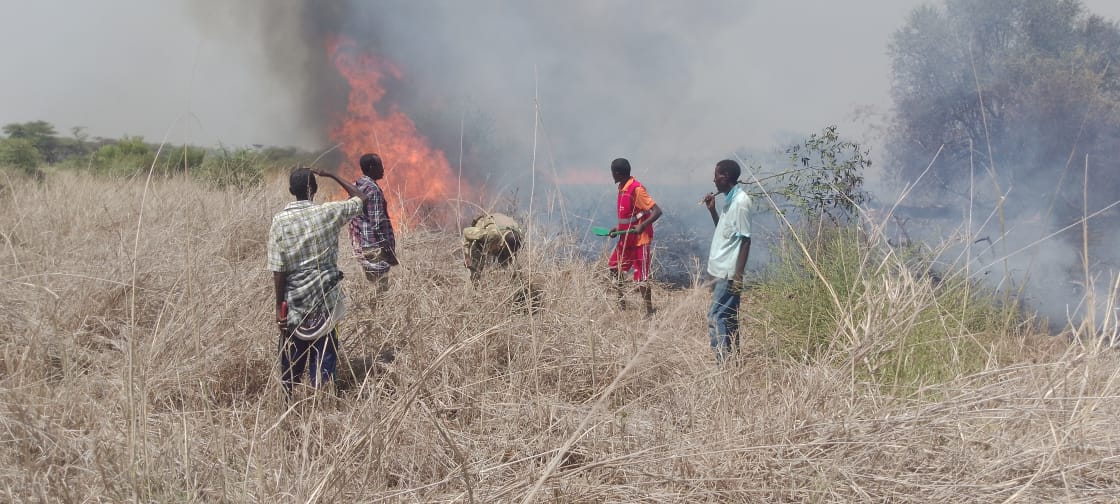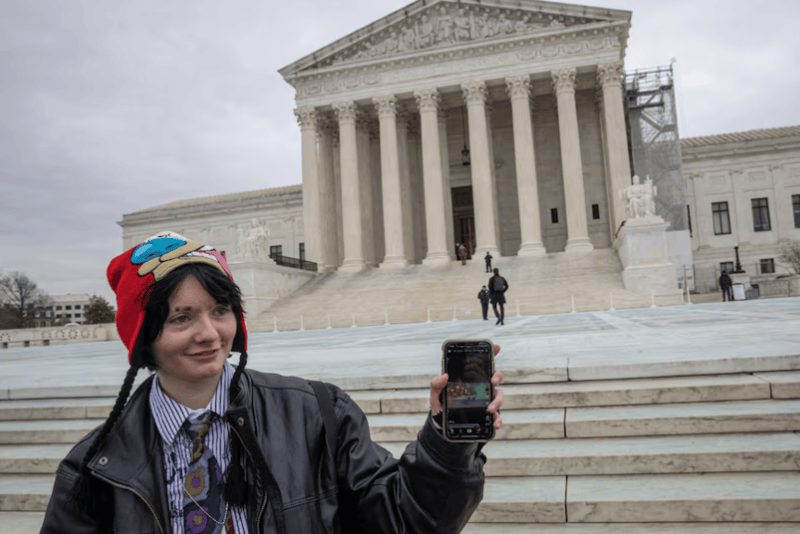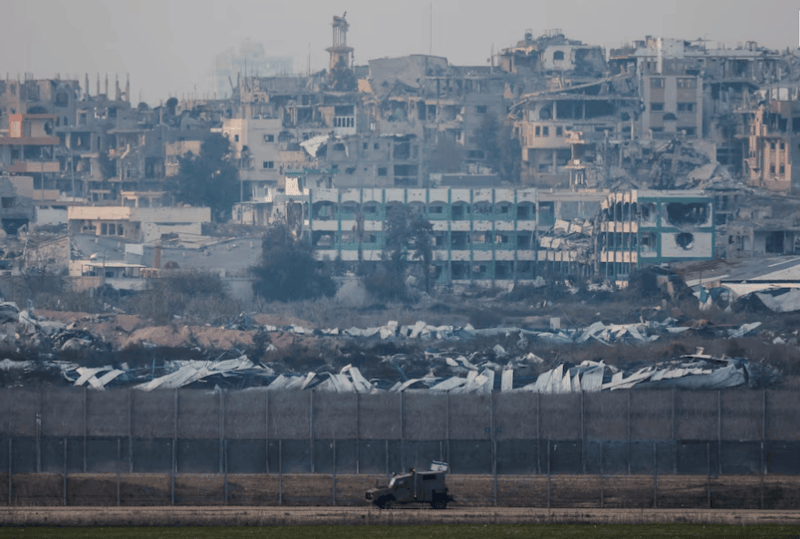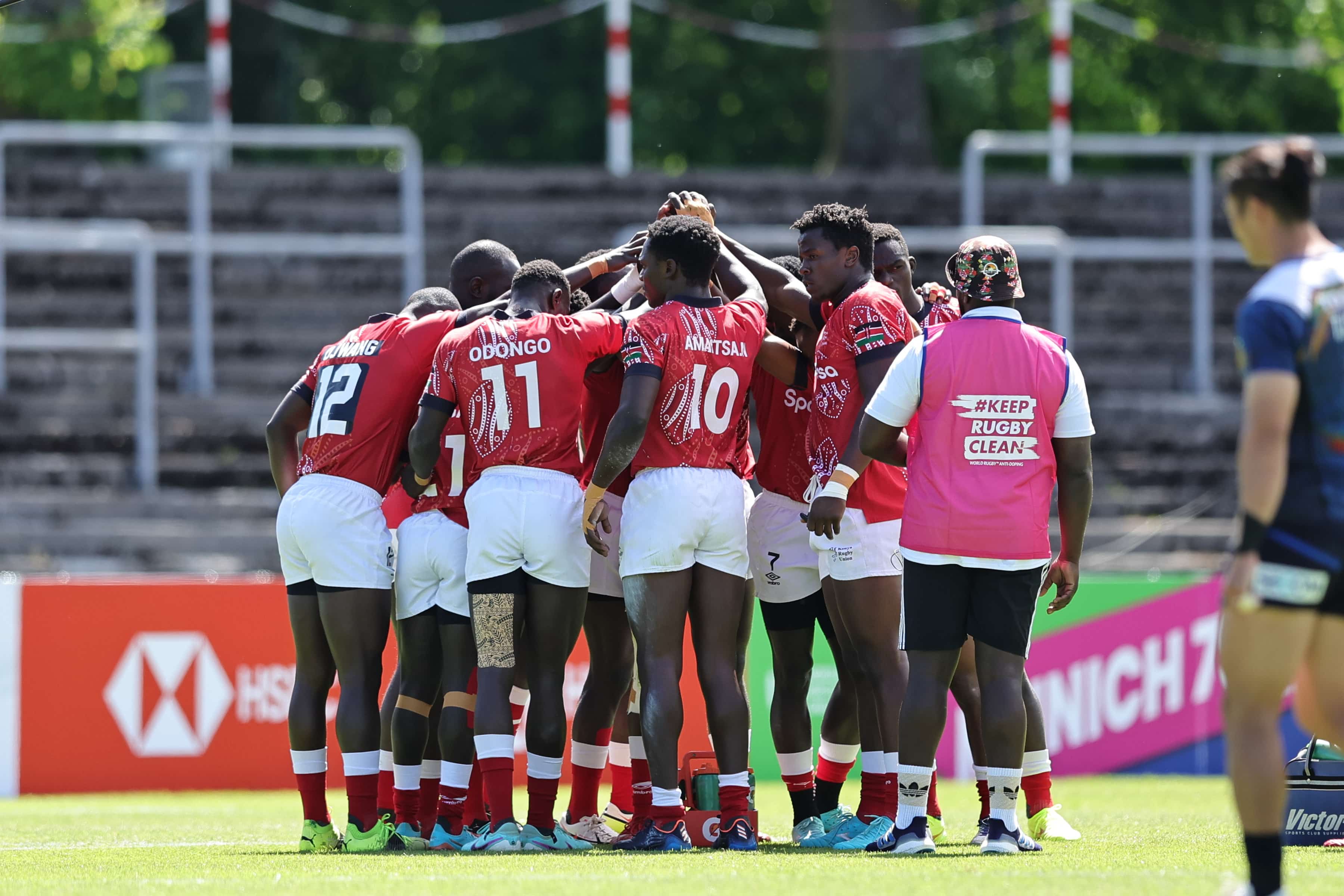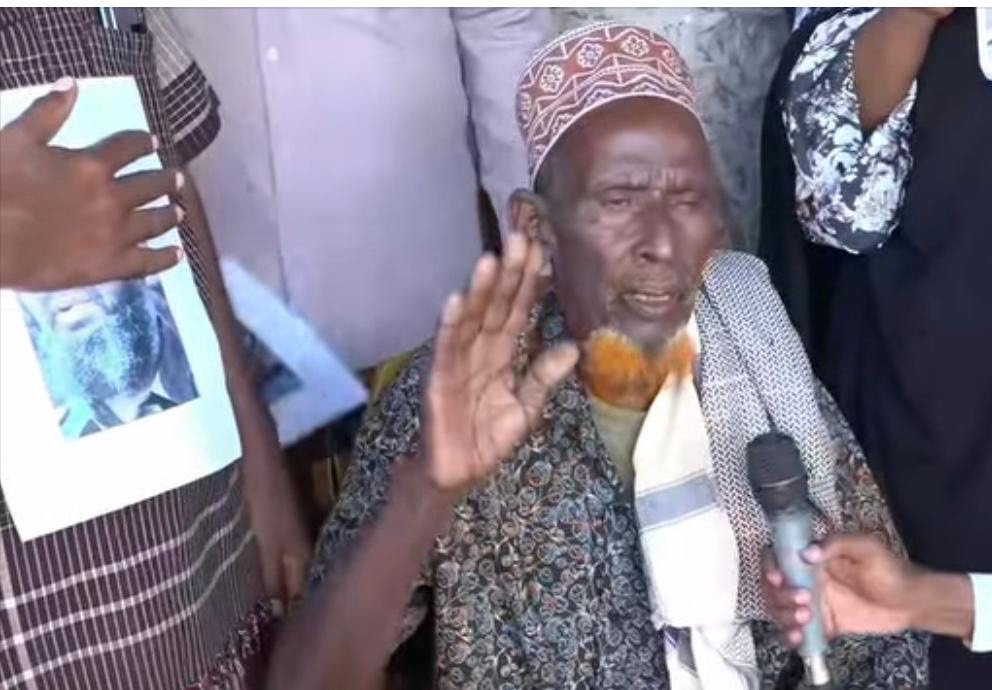Kenya to form complaints board to hold NIS accountable for its actions
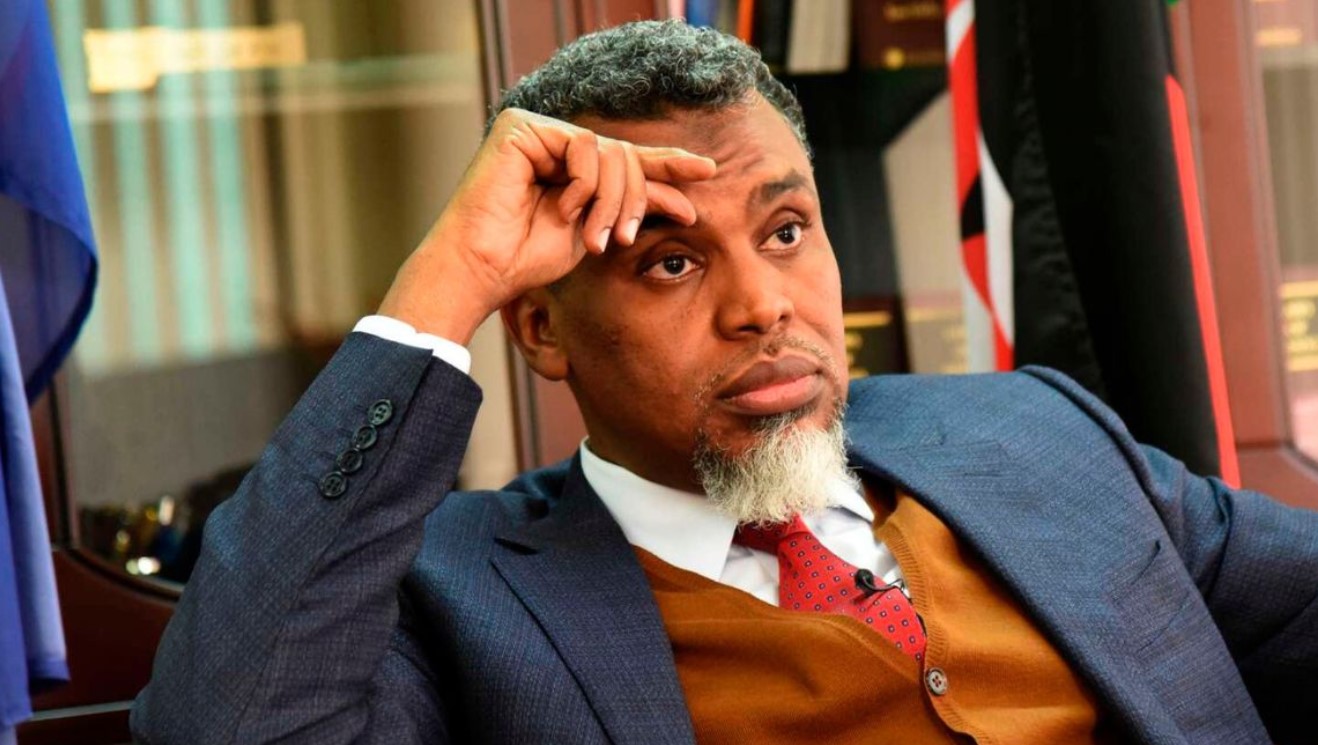
The secrecy surrounding NIS operations has made it difficult to hold the agency accountable to the public, according to the Centre for Human Rights and Policy Studies.
The National Intelligence Service (NIS) is poised for increased accountability following plans to operationalise a complaints board mandated to investigate grievances against the agency.
The move comes amid calls for greater transparency in the operations of Kenya's intelligence agency, which has long been criticised for its secrecy and lack of public oversight.
More To Read
- Bill seeks Sh5 million fine for organisations with no whistleblower safety units
- Public invited to comment on Whistleblower Protection Bill 2024
- IJM, Witness Protection Agency partner to fast-track admission of witnesses
- Police officer arrested for alleged defilement of minor under witness protection in Homa Bay
The Public Service Commission (PSC) has initiated the process by advertising for the positions of chairman and members of the newly established Intelligence Service Complaints Board (ISCB).
The board, created under Section 66 of the NIS Service Act, 2012, will be tasked with receiving and investigating complaints against the NIS, its director general, and its officers.
The chairman of the ISCB must possess a legal background, with a minimum of 10 years of experience in academia, legal practice, or other relevant legal fields.
The board will also include an advocate of the High Court, a retired senior intelligence officer, and a public service officer with relevant experience.
Operate more transparently
The push for greater accountability comes after NIS Director General Noordin Haji's assurance during his 2023 parliamentary vetting that the agency would take steps to operate more transparently.
"I will ensure that NIS observes the Constitution and the rule of law. This board will be one way of dealing with complaints against officers adequately," Haji told the committee.
In his testimony, Haji also admitted that at least one NIS officer had been involved in an extrajudicial killing.
This case, involving the abduction and disappearance of two Indian nationals and their taxi driver, led to charges against an NIS officer, a Kenya Wildlife Service (KWS) officer, and members of the Special Services Unit of the disbanded Directorate of Criminal Investigations.
While this remains the only widely known case, human rights organisations have raised concerns about further incidents of misconduct within the service.
Despite the constitutional obligation for NIS officers to respect the Bill of Rights and principles of good governance, many Kenyans remain unaware of formal channels to report grievances.
The Centre for Human Rights and Policy Studies (CHRIPS) has warned that the discretionary powers granted to intelligence agencies could lead to human rights violations if not properly regulated.
The secrecy surrounding NIS operations has made it difficult to hold the agency accountable to the public, according to CHRIPS.
The establishment of the ISCB is seen as an essential step in ensuring that the agency's powers are used within the boundaries of national and international law.
Protect witnesses
The government is expected to provide necessary financial and administrative support to the board, as well as protect witnesses who come forward with complaints.
The NIS plays a vital role in enhancing national security, engaging in activities such as domestic and foreign intelligence gathering, counter-intelligence, security vetting, and supporting law enforcement in preventing crimes.
However, the agency is strictly prohibited from engaging in police functions, paramilitary activities, or actions that serve political interests.
Originally formed as the Special Branch in 1952, the NIS has undergone significant transformations, evolving into the Directorate of Security Intelligence in 1986, and later into the National Security Intelligence Service in 1999, under the National Security Intelligence Service Act.
The agency now operates with greater autonomy and a clear legal mandate, with oversight mechanisms like the ISCB playing a crucial role in ensuring its adherence to constitutional and human rights standards.
With the board set to be operational soon, there is optimism that the NIS will become more accountable to the public, further aligning its operations with both national laws and international human rights principles.
Top Stories Today



